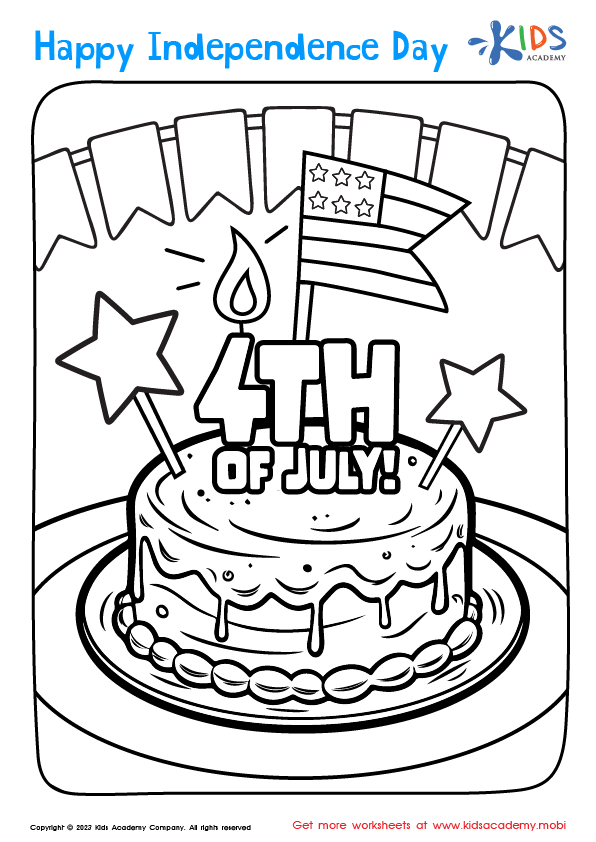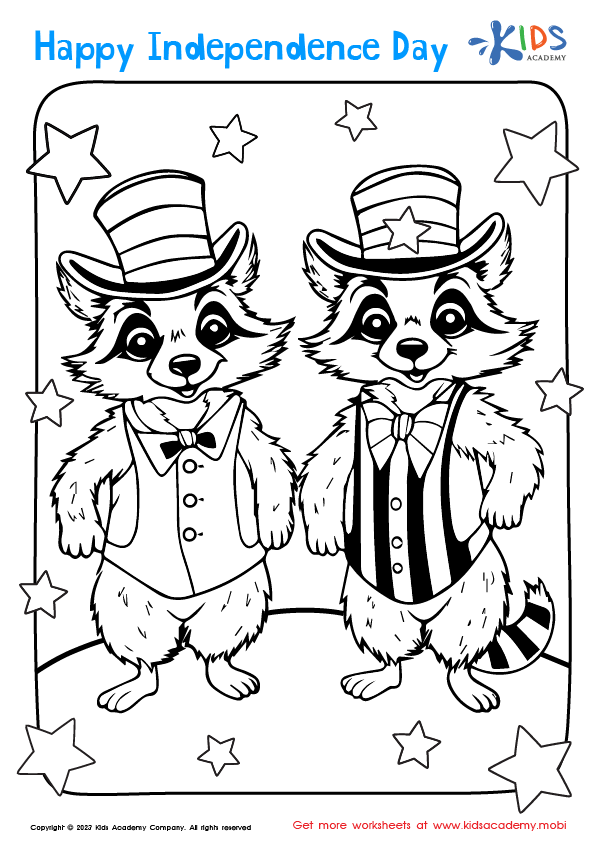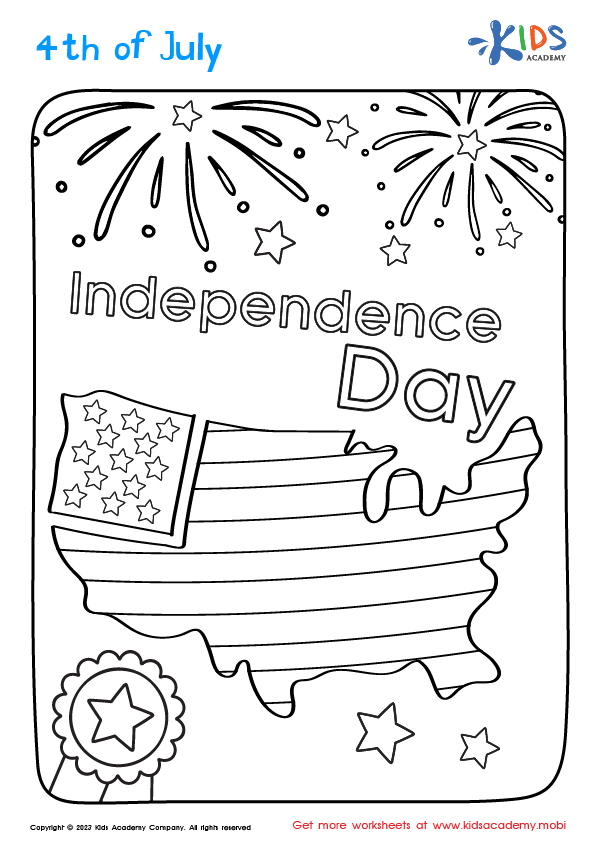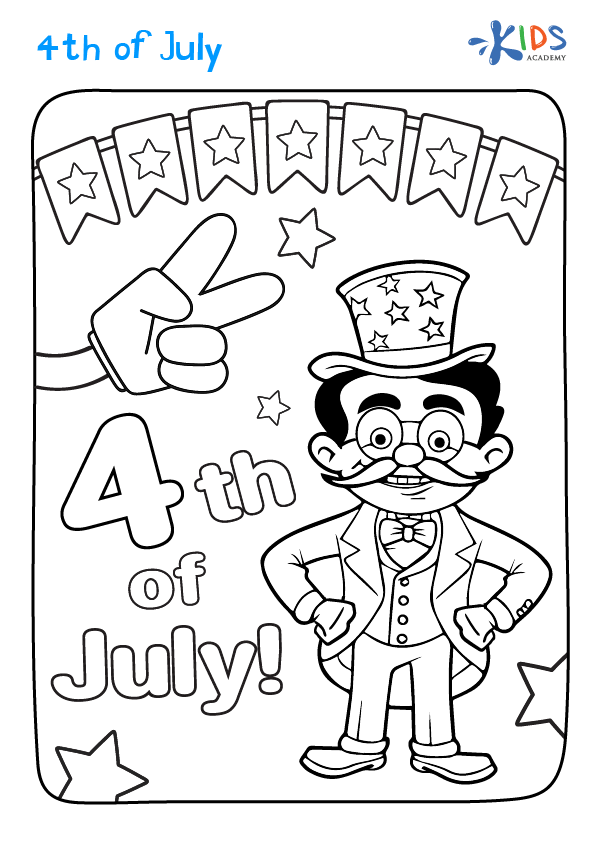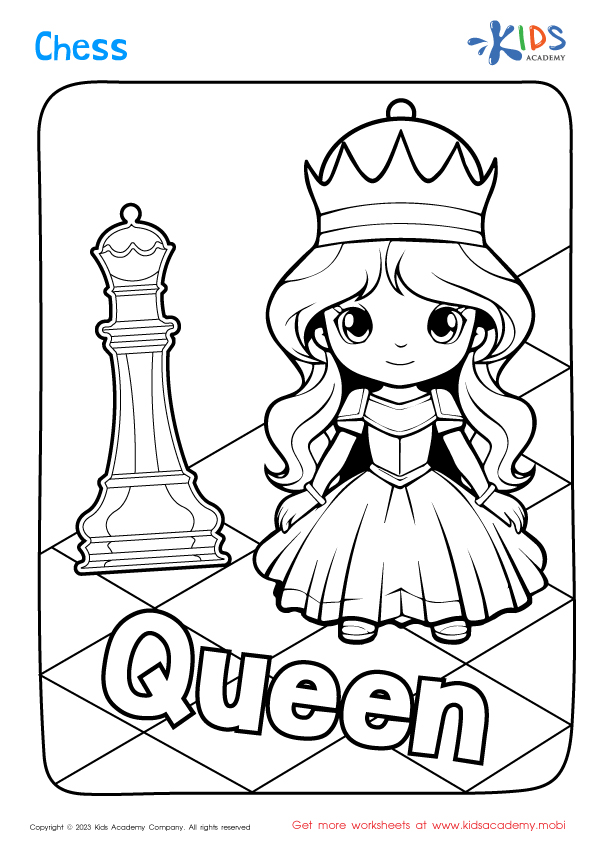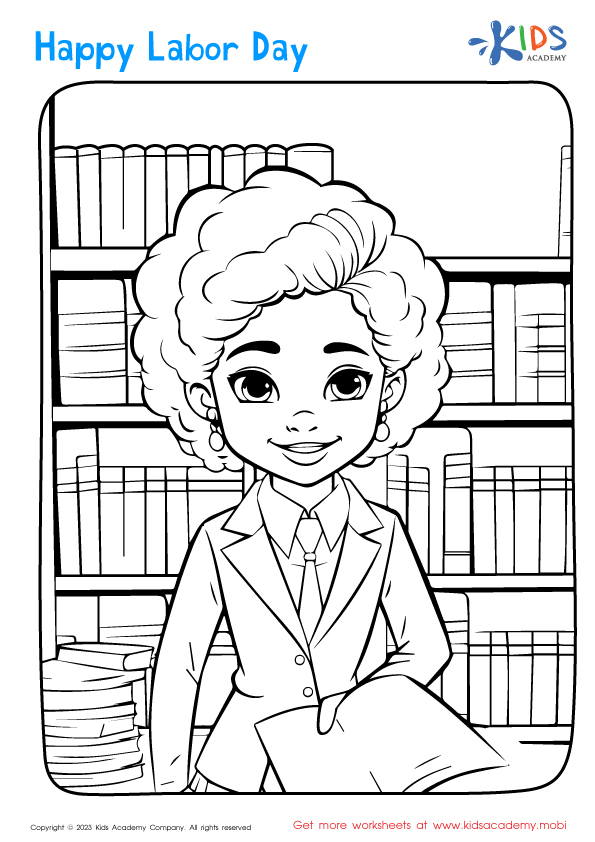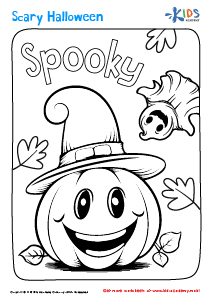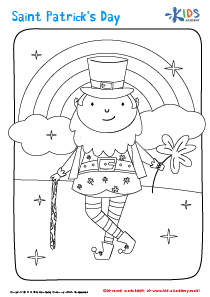Historical Knowledge Grade 2 4th of July Worksheets
4 filtered results
-
From - To
Enhance your second grader's understanding of American history with our engaging 4th of July worksheets! Designed for young learners, these activities introduce key concepts surrounding Independence Day while promoting historical knowledge. Through fun coloring pages, exciting facts, and interactive exercises, students will explore the significance of July 4th, the Declaration of Independence, and the importance of freedom. Our worksheets not only foster creativity but also encourage critical thinking skills as children engage with essential historical themes. Perfect for classroom activities or home learning, these resources will make celebrating Independence Day educational and memorable for your child. Download now and inspire a love for history!
Parents and teachers should care about imparting historical knowledge about the 4th of July, particularly to second graders, as it helps foster a sense of identity, citizenship, and community among young learners. Understanding the significance of the 4th of July—as the day the United States declared independence from Britain in 1776—provides children with foundational knowledge about their nation's history and values, such as freedom and democracy.
By learning about this holiday, children can begin to appreciate the sacrifices made by those who worked for independence, cultivating respect for historical figures and teaching them the importance of standing up for rights and freedoms. It also encourages civic awareness, as children start connecting their everyday lives to broader historical contexts and the rights they enjoy today.
Moreover, learning about the 4th of July promotes critical thinking and sparks curiosity in young minds. Discussions about the past can lead to further exploration of different cultures and perspectives, helping foster tolerance and appreciation for diversity. Engaging students in celebratory activities, stories, and projects related to the 4th of July makes this historical knowledge memorable and relatable, laying the foundation for informed and responsible future citizens. Overall, historical knowledge enriches their education and helps shape engaged individuals.

